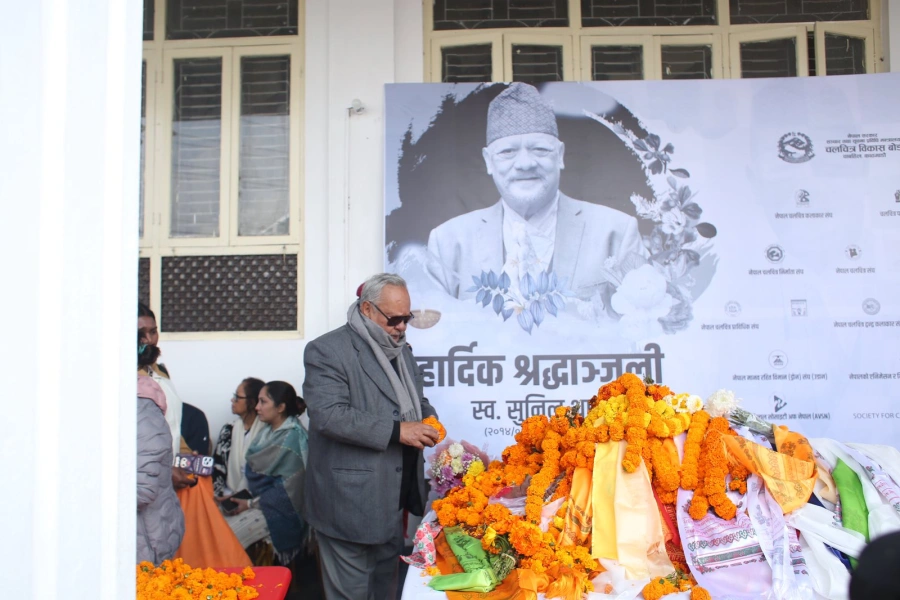As the government prepares to unveil the national budget for the fiscal year 2025/26 in the joint session of the federal parliament on Thursday, much of the public discourse rightly centers on how Nepal can navigate its current economic challenges. With a pressing revenue shortfall and growing demands for development and social security, the government’s move to expand the tax base is a necessary and pragmatic step forward. But while the expansion of tax brackets is welcome, it must be done with a clear and unwavering principle that it should not add to the tax burden of ordinary citizens who are already struggling under increasing living costs and limited income growth. The Finance Ministry’s reported strategy to widen the tax net—by bringing previously untaxed goods, services, and sectors into the fold—makes economic sense. In a country where a large part of the economy still operates informally or is under-taxed, the broadening of the tax bracket can ensure a fairer distribution of fiscal responsibility. Nepal's tax revenue as a percentage of GDP is the highest among South Asian countries. In this context, the plan to expand the bases of tax rather than increasing the rate of existing taxes is a step in the right direction.
As the government contemplates expanding tax bases and increasing the tax rates on a number of items to fill the gap, there are things that we must be cautious about—some worrying trends. The government is reportedly considering increasing the pre-declared income tax on imported foods—a move that could have a direct inflationary impact on food prices and hurt low- and middle-income households. Traders are rightly calling for the removal of this tax and the agriculture reform fee, citing added costs to consumers. In this context, the proposed increase in tax seems regressive and should be reconsidered or at least designed in a way that protects poor and vulnerable groups. However, it is reassuring that the government is contemplating VAT exemptions on airfare and has decided not to impose additional income taxes on share transactions. These indicate a willingness to strike a balance between revenue generation and public confidence.
Tax reform committee proposes increasing Social Security Tax to...

The credibility of any budget depends not only on how much revenue the government plans to collect but also on how wisely and fairly it intends to spend it. Expanding the tax base is a long-overdue reform, but it must be implemented equitably and transparently. The government must not raise taxes on essential goods and services or use the budget as a vehicle for populist and unvetted projects. The path to economic recovery and growth lies in expanding the tax net, enforcing compliance, and ensuring that everyone—especially those who have long remained outside the tax bracket—contributes their fair share. But this must not come at the cost of deepening the burden on honest taxpayers and struggling households. It is important to remember that revenue collection is not an end in itself. It is a means to deliver quality public services, foster economic resilience, and build a more just and prosperous society.






































